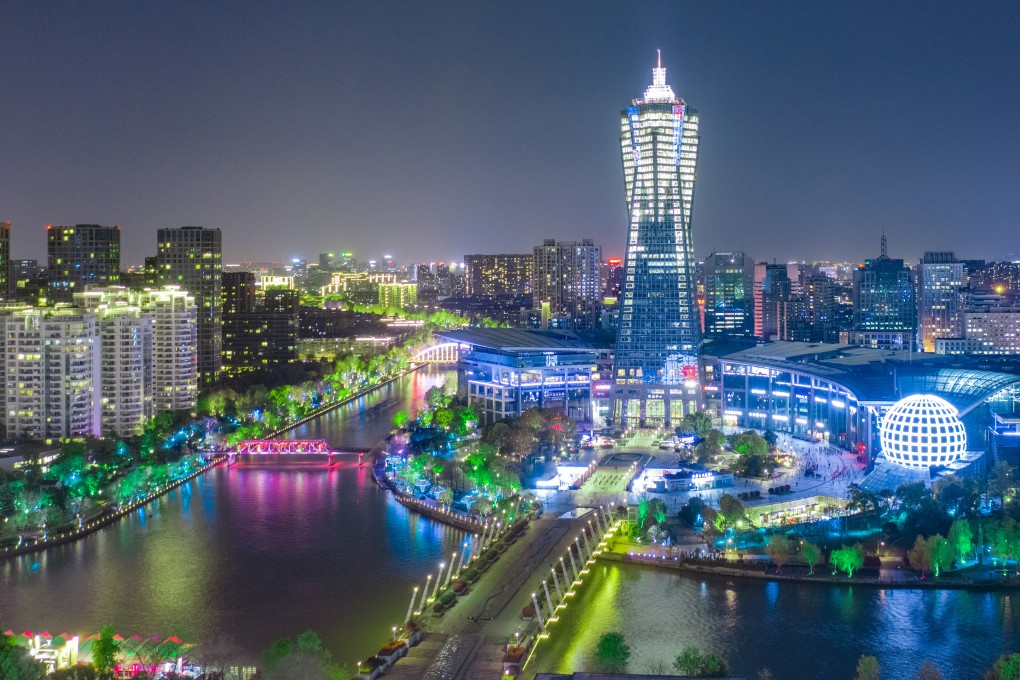The investment in art that’s helping Hangzhou emerge from Shanghai’s shadow
- Shanghai may be known as China’s cultural capital, but Hangzhou’s expanding art infrastructure and laid-back ethos have created a vibrant scene

Only by mainland China standards could a city of nearly eight million be considered small. But despite a tech explosion’s gentrification that has made Hangzhou one of the country’s most expensive cities, the Zhejiang provincial capital, surrounded by pristine mountains and spotted with tranquil parks, still manages to feel bucolic.
Denizens have been lake gazing, tea drinking and art making since AD589, and the city rose to prominence 30 years later, when it became the terminus of the Grand Canal shipping corridor from Beijing. Art and commerce have been crossing paths for centuries here, but unlike the nearby cultural capital of Shanghai, home to one of Asia’s biggest art scenes, Hangzhou’s creativity feels more like a lifestyle than a commodity.
“Hangzhou and Shanghai have diametrically opposed urban rhythms,” says Cheng Ran, a Hangzhou-based artist known for long, contemplative video art as much as frenetic digital installations. “We exist in a number of parallel realities, and must choose between them.”
In recent times, Hangzhou has started accumulating the sort of artistic infrastructure that transformed Shanghai into a contemporary art juggernaut, and Cheng will have no small influence on how much or how little Hangzhou will draw from or avoid what made Shanghai’s art scene what it is today.

Originally from Inner Mongolia, Cheng has continued to live in Hangzhou since graduating from the city’s renowned Chinese Academy of Art (CAA) in 2004. He founded his collective and non-profit art space Martin Goya Business in 2017, at his studio in the Fuyang suburb, showing mostly young and outsider artists, and also home to a tattoo studio and Cheng’s 22 rescue cats.
Martin Goya Business curated exhibitions of Hangzhou artists in Beijing and Paris in 2018 and 2019, respectively, along with regular artist showcases and public art projects in Shanghai, in an effort to bring a wider audience to the city’s emerging art scene.
